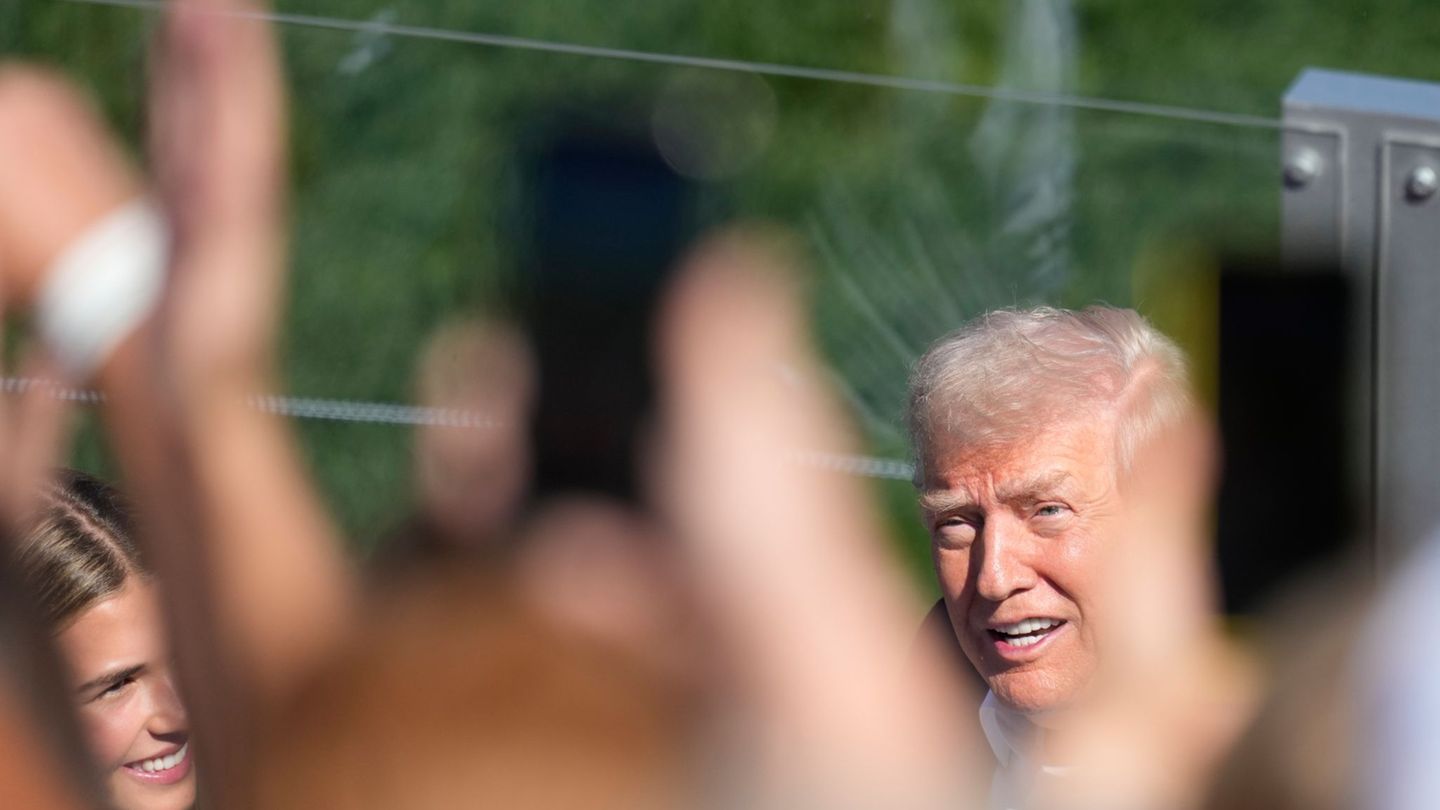100 randomly selected people will meet alternately in Vienna and Salzburg for six weekends to discuss future environmental issues and make recommendations to politicians as a “mini-Austria”.
At the start at 1 p.m., Environment Minister Leonore Gewessler (Greens) and Federal President Alexander Van der Bellen welcomed the council members present. The participants then received an introduction to the processes, after which the internal part began.
Citizens will discuss and consult in groups, although they are not entirely on their own: they are supported by a 15-strong scientific committee, a social partner and environmental NGO group and a team of facilitators.
“Experiment for Austria”
“I’m very excited to see how this turns out. This is an experiment for Austria,” said Federal President Van der Bellen in his speech, full of expectation. the climate council, he emphasized, would address a central theme of the coming decades. Although one is currently busy with “Corona and its mutants”: “But that’s why the climate crisis doesn’t sleep and we can’t do that either.”
He himself will probably no longer experience the worst effects, stated the Federal President. If you think about measures, do so for “our children, grandchildren and great-grandchildren”. He found that the climate council represent a cross-section of the population. “They are something like a little Austria.”
It will not be possible to “categorise” the results of the panel, he assured. Because it is not about “any small discussion group”. “Take the chance, that’s my request. Take part in something new, make something out of it.”
“We need to reduce emissions of greenhouse gases, drastically and quickly,” he said. The solutions are not easy. Experts explained to him, for example, that the power grid would collapse if you immediately switched to electric cars. He also referred to international examples – such as the Pacific island state of Kiribati, which is threatened with sinking due to rising sea levels.
Video: Climate Council starts work
This video is disabled
Please activate the categories Performance Cookies and Functional cookies in your cookie settings to view this item. My cookie settings
Environment Minister Gewessler also thanked the guests in the hall for their commitment. It is not a matter of course to spend six weekends together in Summer. She was convinced that “very different points of view” could be found in the room.
A facility like that climate council never existed in this form before. “They will make the way we live democracy a bit better in Austria.” The members were asked to collect ideas, for example on the subject of climate-friendly mobility or energy-saving concepts.
The head of department emphasized that the effects of climate change are also being felt in Austria. It’s getting hotter and hotter in the cities, and there’s also the question of what the situation means for the harvests. She also remembered the big forest fire in the Rax area in autumn.
In the deliberations of Climate Council, for which all parliamentary groups except the FPÖ have spoken out, should be about food, agriculture, energy, production, consumption, housing, mobility and social justice. The results will be handed over to the federal government in the middle of the year.
Criticism of the FPÖ
The safety precautions were strict today: Only people who were vaccinated against Corona or had recovered and who had also been PCR-tested were allowed to open. Masks are compulsory throughout the event. Ten people were not there today – partly due to illness. They should then join us at the next appointment in Salzburg.
Criticism of the committee came from the FPÖ on Saturday. A recent response by the minister to a written parliamentary question from the free environmental spokesman Walter Rauch revealed that the “alibi action” would cost Austrian taxpayers a lot of money. Rauch suspected via broadcast that “several hundred thousand euros” should already be estimated.
“It’s just unbelievable how the black-green government deals with Austrian tax money for this 100-strong ‘mini-Austria’. The selection process of Statistics Austria alone resulted in costs of 41,295 euros. In addition, there are six-digit amounts that for travel, overnight stays and expense allowances for the participants in the climate council over six weekends,” Rauch complained.
Source: Nachrichten




